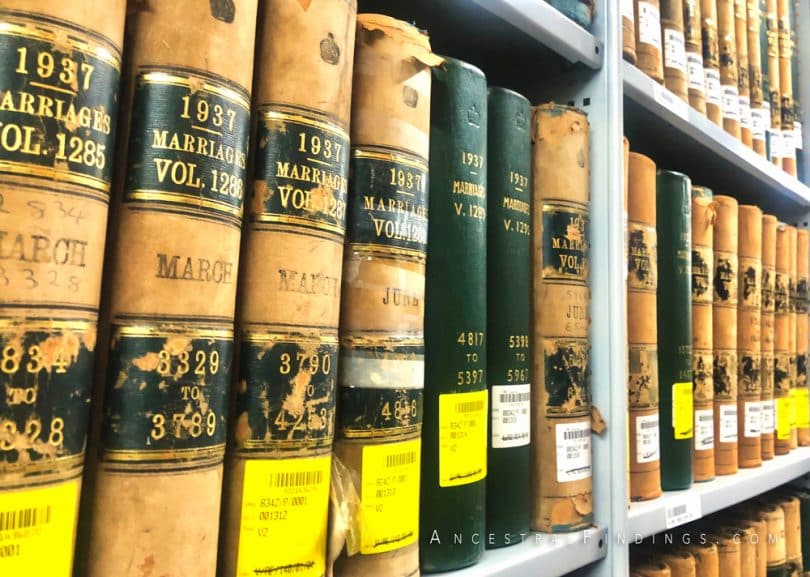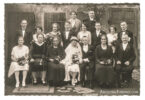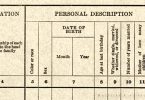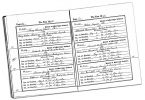Marriage records are a basic part of genealogy research. They are among the first set of records you will probably collect on your family as you begin your genealogy work. While a marriage record can, at the very least, confirm that a couple were actually wed, as well as tell you the date and place they married (all things you may or may not have known), a marriage record can tell you much more—or nothing else at all—depending on when and where the record was first created.
These are some of the basic pieces of information you may or may not find in marriage records, depending on when and where your ancestors married.
The Bride’s Maiden Name—Most marriage records will provide at least this information, even ancient ones. But, don’t rely on it. There are exceptions to this rule, where a bride may only be listed by her first name or is referred to simply as the daughter of whatever her father’s name was. But, in most cases, a marriage record is a great way to find out a woman’s sometimes elusive maiden name.
The Residence of the Bride and Groom—If this information is included on a marriage record, it will give you at least one location, and sometimes two, for looking for more relatives of the happy couple.
The Ages of the Bride and Groom—While it may or may not be on a marriage record, its inclusion gives you more information for your family tree, as well as providing you another clue as to years to search in that area for other ancestors.
The Parents of the Bride and Groom—Less commonly seen on older marriage records, but still occasionally found. This information is more commonly found on newer records, depending on the state in which you are searching. If you didn’t have the names of the parents of the bride, groom, or both before, this information will prove invaluable to your family history research.
Whether the Bride and Groom’s Parents are Alive or Not—A far less common piece of marriage record information, it is a valuable genealogical find if included. This will provide an approximate range of dates for searching for the bride and groom’s parents in other records.
The Name of the Minister Who Married Them—If you know the name of the minister who married the couple, you can locate the church they attended, and maybe find other records on them and their family members there.
Witnesses to the Marriage—Witness names are often (but not always) included on marriage records, as most places required at least two of them for a marriage to be legal. Pay close attention to the names of any witnesses listed on the marriage record, as these are often friends or family of the bride and groom. Looking for the records associated with the witnesses may lead you to other, previously unknown information about the bride, groom, and their respective families.







